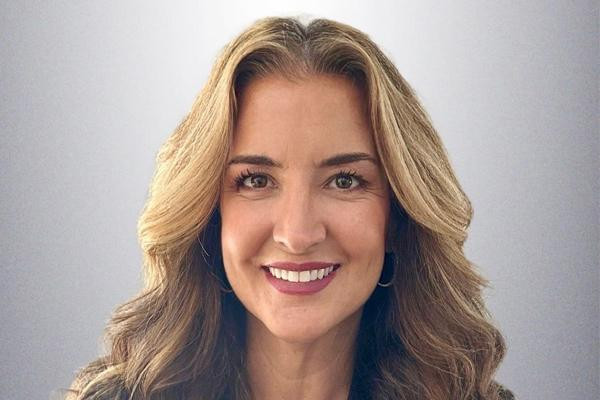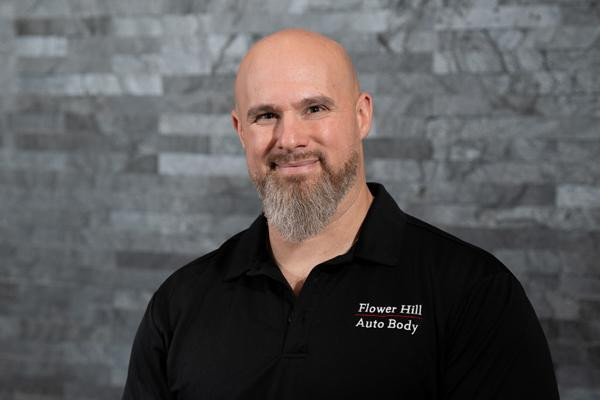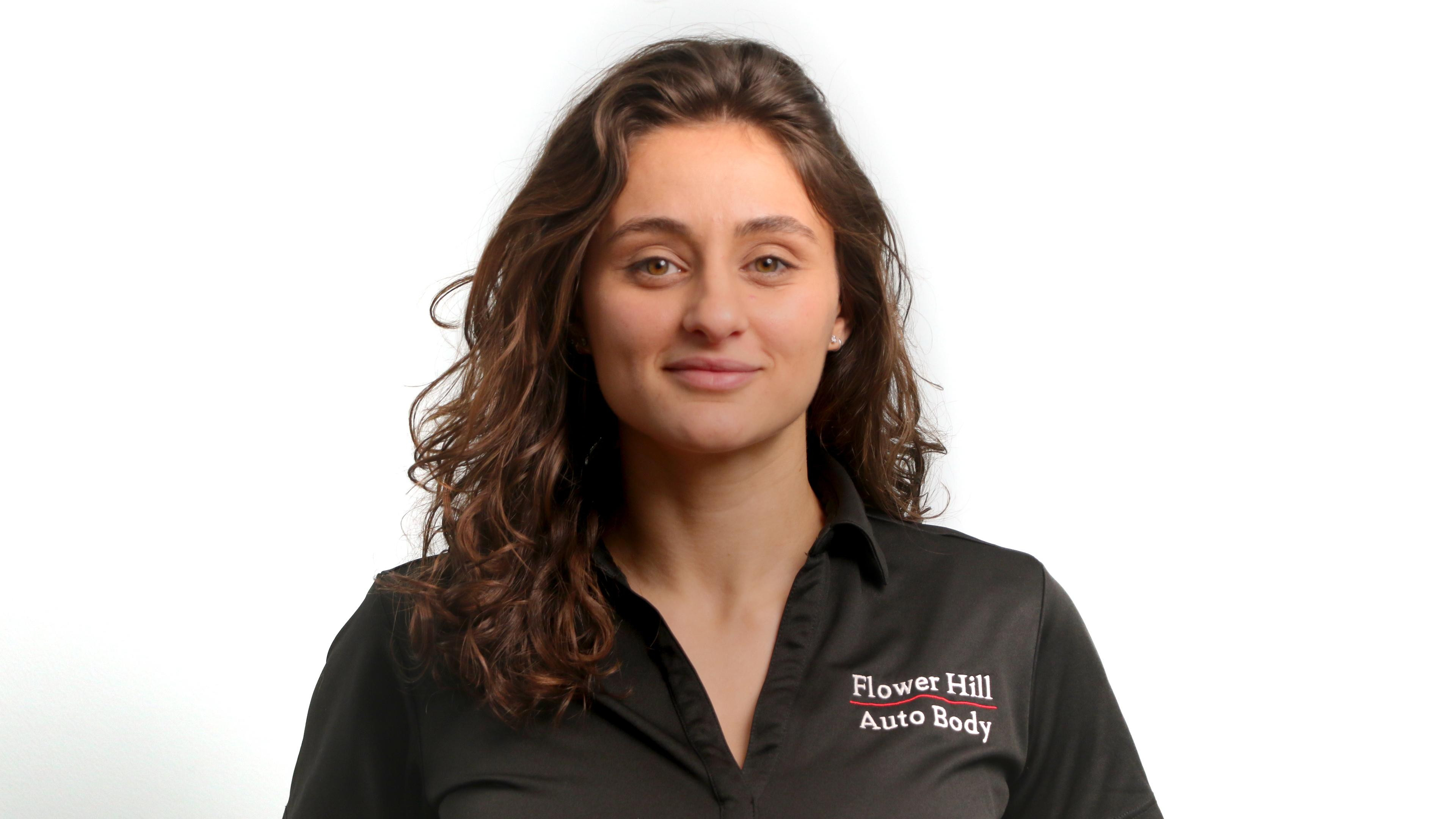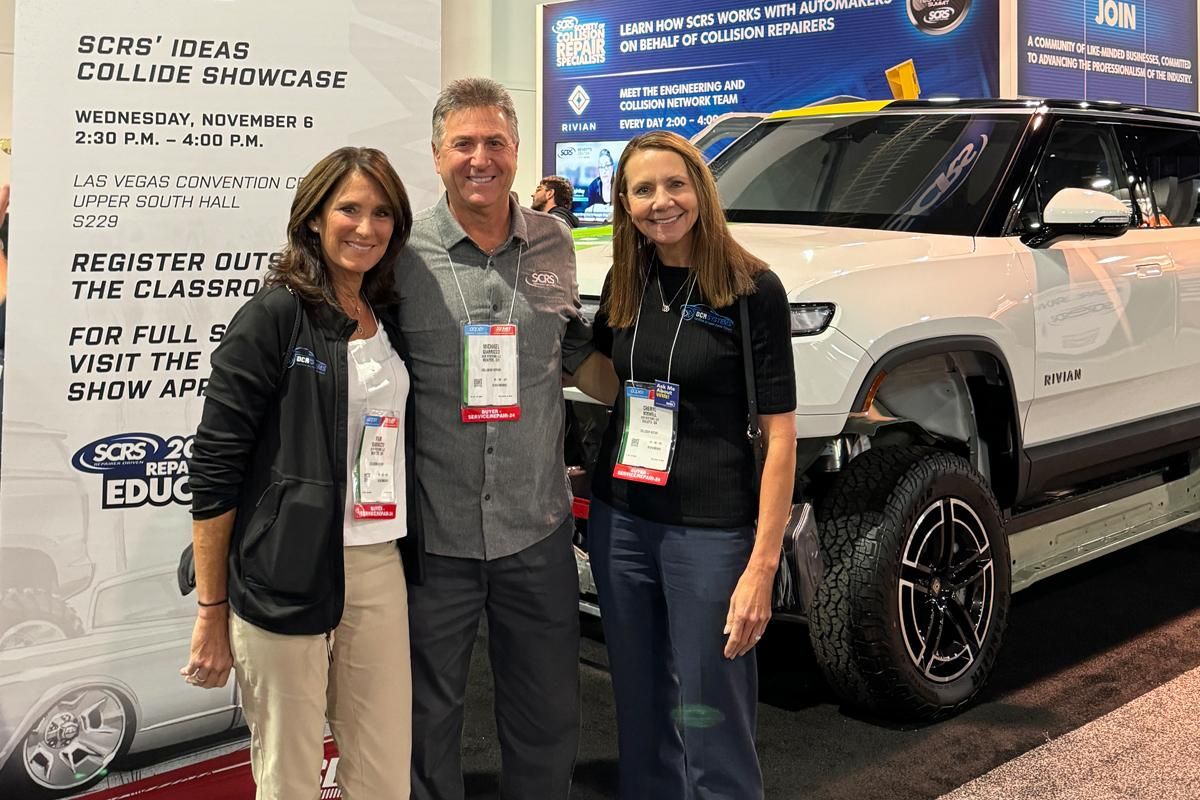Earlier this year, Dave Luehr, founder of Elite Body Shop Solutions, and Ryan Taylor, founder of BodyShop Booster, teamed up to host the sixth annual virtual Positivity Summit. In the third article of a four-part series, industry leaders share insight about empowering independents, understanding how to respectfully and effectively involve the next generation in a family business and building a culture that provides a level of care to everyone in the organization.
Empowering Independents
Michelle Sullivan, CEO of Certified Collision Group (CCG), spoke at the Positivity Summit about “Empowering Independents.”
CCG’s network consists of more than 1,000 affiliates. Sullivan said they are some of the highest performing collision centers in the U.S. and Canada and their network has more than 3,000 OEM certifications.
“What I love about the network is these are independent operators that are fully committed to a safe and proper repair,” she noted.
One of the main focuses at CCG is amplified purchasing power. The company has more than 60 vendor programs for affiliates and continually updates its portfolio based on the latest industry trends and solutions.
Another focus at CCG is on insurance carriers.
“We have some affiliates that want to expand with the insurance carriers,” shared Sullivan. “We have a team that helps them with that.”
 Michelle Sullivan.
Michelle Sullivan.
CCG also has a performance management team, which includes Square One Systems and the Coyote Vision Group, that assists affiliates with key performance indicators (KPIs) for their businesses.
“We're having great success,” Sullivan said. “We have some fantastic operators out of the U.S. and Canada. We learn from them; they learn from us. It's really where the magic happens.”
To ensure CCG is in tune with the industry and the needs of the shops in their network, Sullivan said CCG has a team of service directors who regularly communicate with affiliates about the latest challenges and needs. CCG also hosts a national conference for members to network and discuss what’s working and what’s not.
“What's important to us is to make sure that we always have the voice of the affiliate because everything that we do is about them and being able to provide solution,” she said.
For example, Sullivan noted there are many CCG operators looking to set up standalone calibration centers. As a result, Square One formed a performance group for ADAS calibration center owners.
CCG places a big emphasis on OEM certifications and proper repair procedures. They regularly communicate with affiliates to help with additional OEM certification needs.
For shops to thrive in the future, Sullivan’s advice is to invest in culture.
“The shops that are doing that are out there winning,” she emphasized.
The second theme Sullivan finds in thriving shops are people who take time away from their business to invest in their business. That includes attending performance groups and getting together with like-minded shops and communities.
“When we have a strong collision community, we thrive as an industry,” she acknowledged.
She encouraged shop owners and managers to get involved in the industry and band together.
“Find your place, find your network, find the folks that are going to challenge you and just be absolutely committed to that,” she added.
Incorporating the Next Generation
John Picciano, CEO at Flower Hill Auto Body Inc., in Long Island, NY, and Picciano’s niece, Ghaliya Ibrahim, the company’s production manager, talked at the Positivity Summit about understanding how to respectfully and effectively involve the next generation in a family business. This included tips on how to make executive-level decisions on the fly and build a family culture.
 John Picciano.
John Picciano.
As a fourth-generation business owner, Picciano’s advice to those operating a family company is to be open-minded to the dichotomy between the established generation and the new generation working to establish themselves.
“The generation that is established needs to have respect for the generation that's coming in,” he advised.
He used the example of himself, a Gen Xer, and his Gen Z niece, and noted how the generations often view things differently.
Although there can be friction, he recommends that the established generation relinquish some power and authority to the incoming generation and recognize they have tremendous value because they were born into a world that was just slightly different.
“When they have ideas, their ideas aren't good. Their ideas, most of the time, are great, really great, because they have a perspective that I don't have,” he noted.
Ibrahim recalled growing up in the industry and spending a lot of time at the shop, initially learning to assemble bumpers and fenders during her high school summer break. She became fully involved in August 2021.
 Ghaliay Ibrahim.
Ghaliay Ibrahim.
“One thing that I can thank my uncle for is how he immersed me in the business,” she shared. She started as a receptionist, became the parts department manager and took charge of QuickBooks and the company’s finances.
“I basically understood every single part of the business financially,” she said.
In November 2023, Ibrahim became a licensed appraiser and now manages the shop’s production, overseeing about 20 employees.
“There was one point where I was like, ‘What's my uncle doing? He is going to make me crack. I'm doing everything.’ But I get it now, and I appreciate it. It has made me who I am.”
As a family-owned business, Picciano said they are super nimble and keep a pulse on the industry.
“We can see something and take advantage of it… We have a quick meeting, whether it's a phone call on our way home, a Zoom call or a live meeting,” explained Picciano. “The entire world is moving so darn fast that if you're in business, you need the ability to pivot on a dime.”
Ibrahim discussed the family culture developed at their three locations, and the workers who are happy to be there.
“They feel like it's a family,” she said. “People work harder when they're happier and do better when they're in a better environment. I think that's a big part of it, that we're able to create or bring in that family culture as well within the company.”
Picciano also talked about the inherent trust within a family business.
“I have an image of holding Ghaliya when she was a newborn,” he recalled. “How can I not trust her? I've known her her entire life.”
He said their minds sync at the business in a really positive way.
“She knows what I'm thinking. I know what she is thinking, and we just go with it,” he said.
The Human Connection
Michael Giarrizzo, president and CEO of DCR Systems, and Pam Giarrizzo, who focuses on store support, spoke at the Positivity Summit about the importance of the human connection.
DCR Systems’ team members pride themselves on building a culture that provides a level of care to everyone in their organization. When onboarding team members, for example, they take time to understand how new employees will fit into the company culture.
“We have a unique culture. It’s very family-oriented,” Michael acknowledged. “We realize if they don't fit that culture, it doesn't matter how skilled they are; it's just simply not going to work.”
“We want to make sure that we are taking care not only of our team members, but also the guests that are coming to our business,” added Pam.
Michael said it was critical for employees to understand that customers expect a great impression, whether it’s over the phone or in person.
“They don't know or really care how busy we are,” he shared. “We have to show them that we do care and that their situation is unique and different.”
To help understand a customer’s situation, team members encourage standing up and greeting customers.
“When someone does come into the store or calls on the phone, our attention is undivided,” said Pam. “We smile and we pick up the phone or we stand up and greet the guest as if it were a family member or someone coming in… someone that you can't wait to see.”
Michael explained that an important part of DCR’s process is to call customers and keep them informed about the repair.
“It shows that we care,” he said. “We're here to really help calm the situation and put attention to their needs.”
Michael shared the company’s philosophy about being a process-driven business. Over the last several years, they have spent a lot of time with employees going through different programs, such as defining the ideal team player, and learning how to be better communicators. He also emphasized how they never stop learning.
By attending industry events and listening to presentations nationwide, Pam said they learn about new tools and strategies they can share with their team.
One of these is Jenn, the company’s AI assistant. Pam said using AI is truly eye-opening and noted how much they’ve learned to hone their processes and make them consistent at their six locations.
The company also uses a dynamic e-learning platform that allows team members to role play different situations.
“It’s really cool,” said Michael. “They can record as many times as they want and practice.”
Looking ahead, Michael believes the industry is becoming more “certified-centric.” “To work on these advanced vehicles, as they become more and more complex, advanced training is essential,” he noted.
DCR Systems’ team members also prioritize transparency. The company developed an application focused on transparency as part of the repair that they plan to share with the industry.
“We're of the belief that… everyone deserves to understand exactly what happened to the vehicle and how it was repaired,” Michael emphasized.













Stacey Phillips Ronak